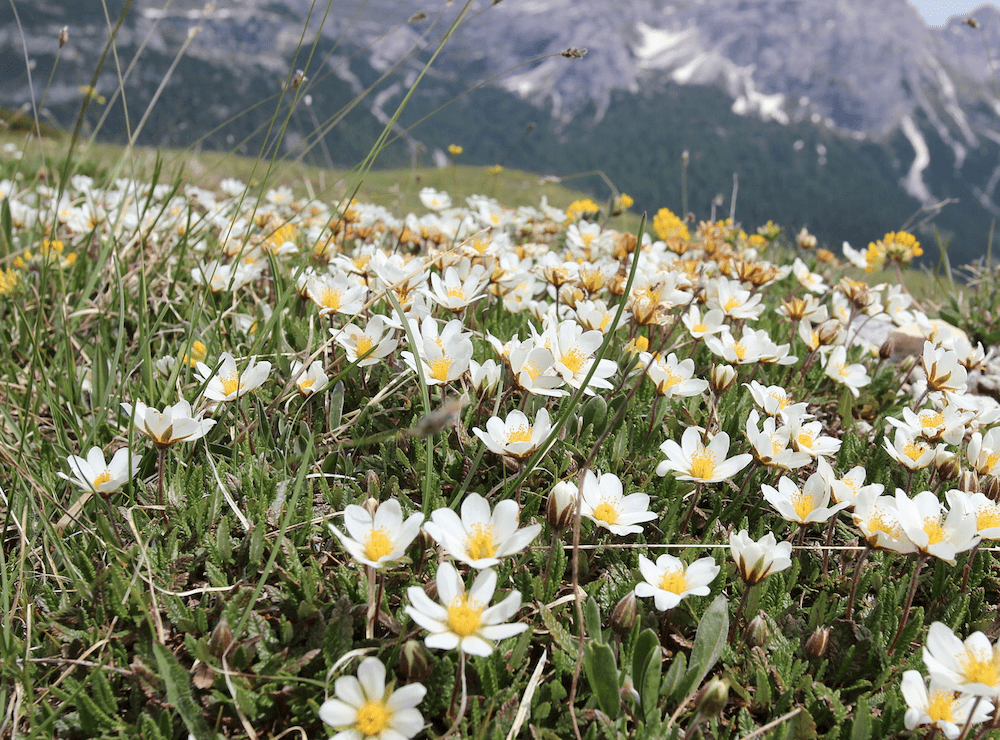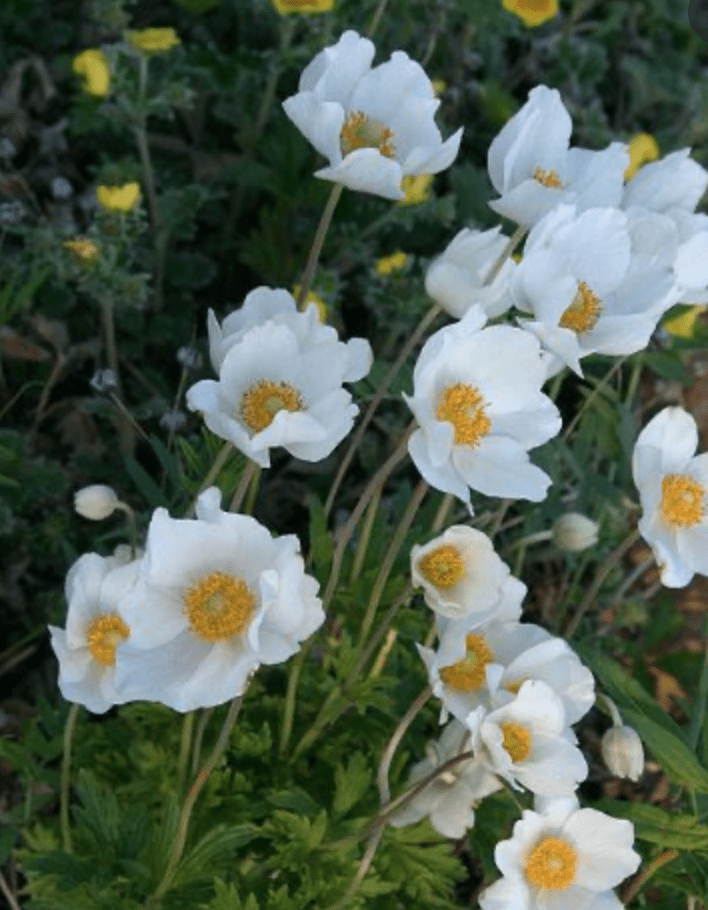Iceland’s Trial for 4 Day Work Week Big Success – Gives More Time for Gardening
By Jill Brooke

In honor of Iceland, which has completed a trial for worker productivity with four vs. five day work weeks, here’s an image of the Mountain avens, Iceland’s national flower.
This beautiful country which I have luckily visited and written about when I was a travel editor, created an experiment that took place between 2015 and 2019, where workers were paid the same amount for shorter hours – 35 vs. 40 – to gauge productivity.
Guess what!! Productivity not only remained the same or improved. Plus people were more enthusiastic and happier about work and their lives.
Now a number of trials are taking place in Japan, New Zealand and Spain with 32-hour work weeks over a three-year period.
What’s also amazing is this took place prior to Covid and now more companies around the globe are even more receptive to more flexibility for quality of life.
Furthermore, Millennials and Generation Z are telling employers they will not settle for the work/life balance of the past. Don’t you agree?
Executive recruiter Gary Goldstein, chairman of Whitney Partners, explains that the work paradigm because of Covid has changed the measurement of success.
“The measurement shifted from how long you were in the office to what you accomplished with your time,” says Goldstein. “People have become very efficient with their time since people opted to try to have a balance at home with young families. Time management became essential and you were no longer judged on face time but the efficiency of work.”
According to the BBC, the Icelandic trials were run by Reykjavik City Council and the national government and included 2500 workers, which amounts to about 1% of Iceland’s working population. As reported, a range of jobs was included ranging from social service providers, teachers, offices and hospitals.
The trials led unions to renegotiate working patterns, and now 86% of Iceland’s workforce have moved to shorter hours.
“The Icelandic shorter working week journey tells us that not only is it possible to work less in modern times but that progressive change is possible too,” said researcher Gudmundur D. Haraldsson, who along with Jack Kellam did the report for the Association for Sustainability. and Democracy (Alda) along with researchers from the UK think tank Autonomy.
This could mean more time in the garden and being around our beloved flowers. And as it turns out, the Icelandic national flower also is used for medicinal properties to reduce inflammation. Certainly working fewer hours will reduce not only inflammation but increase joy too.

Jill Brooke is a former CNN correspondent, Post columnist and editor-in-chief of Avenue and Travel Savvy magazine. She is an author and the editorial director of FPD and floral editor for aspire design and home magazine
Photo Credit: Wikipedia
